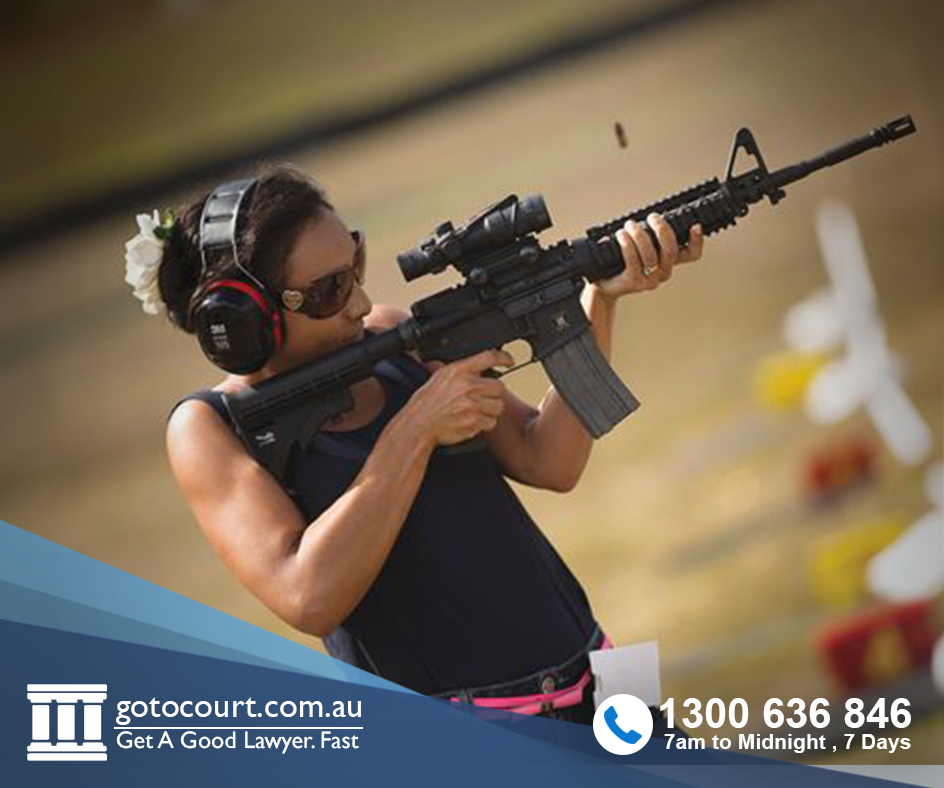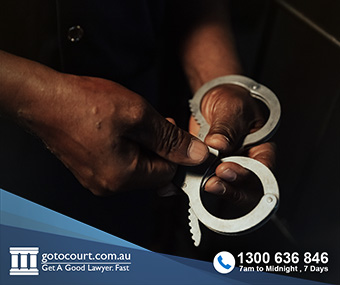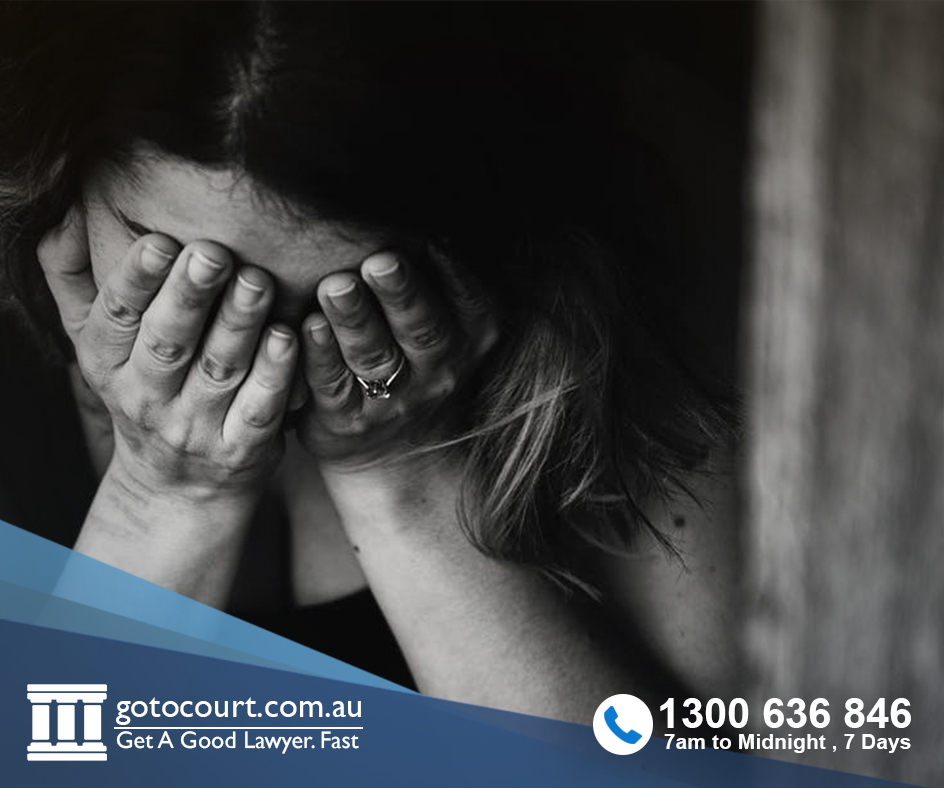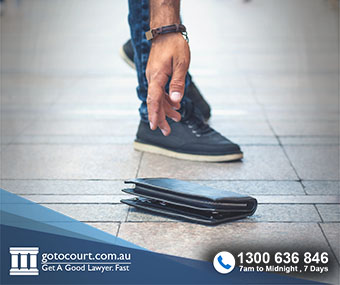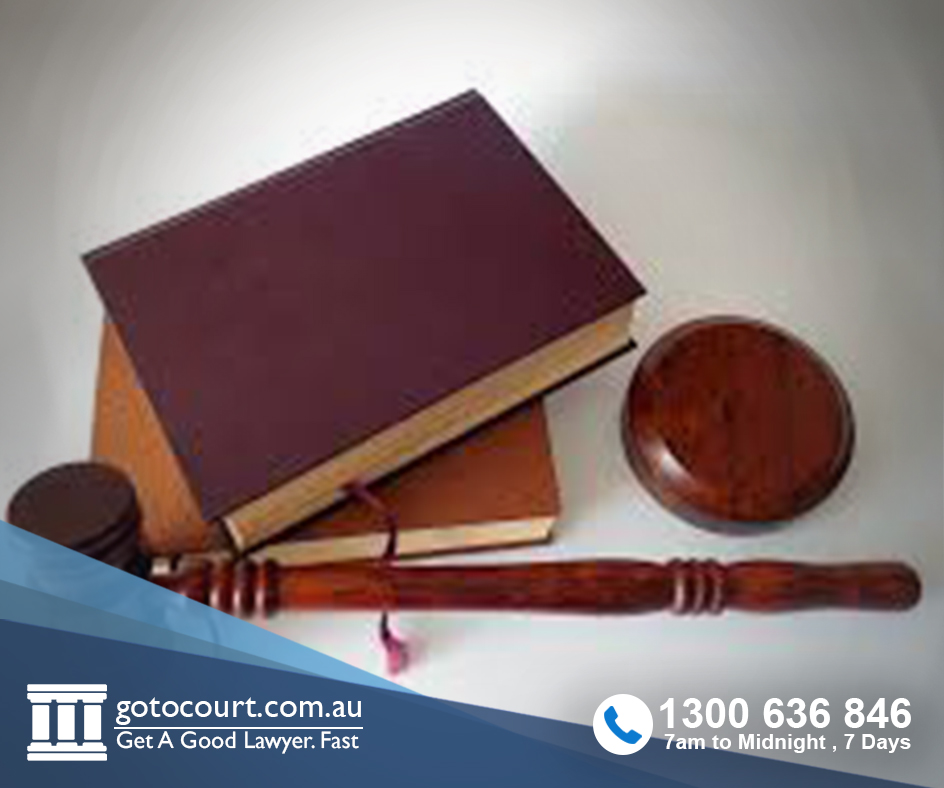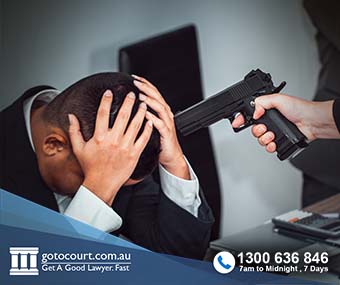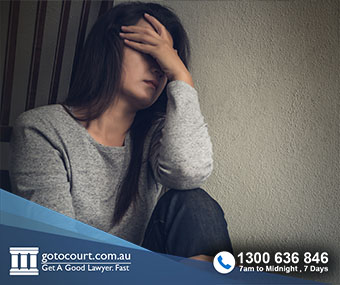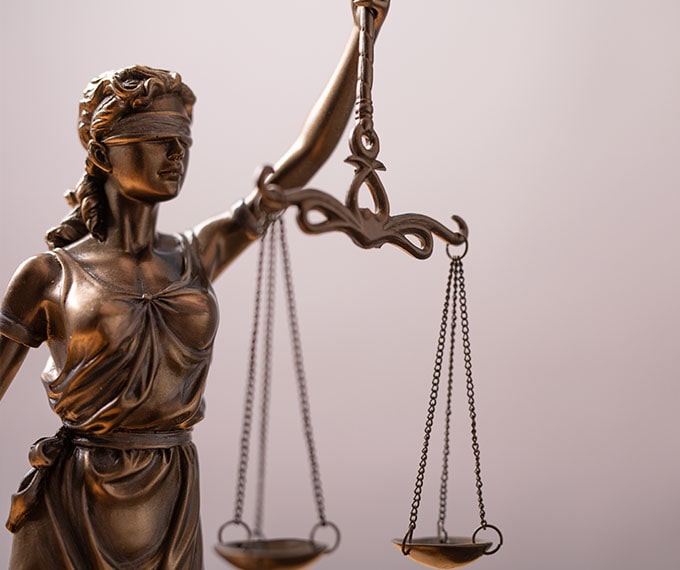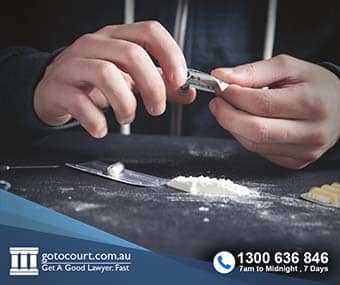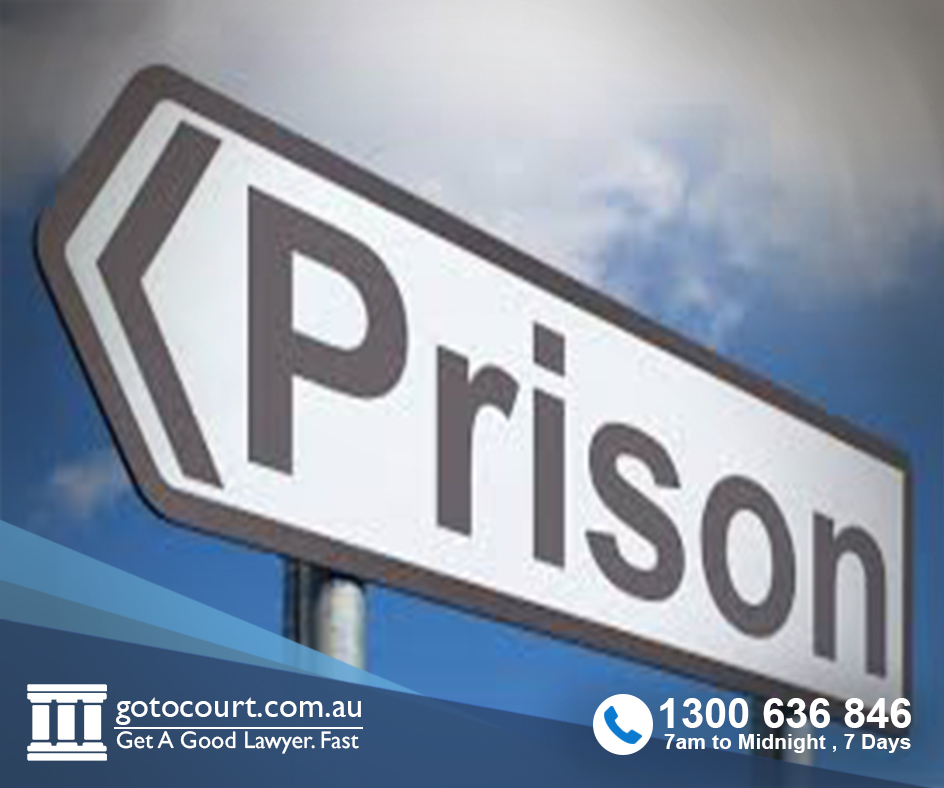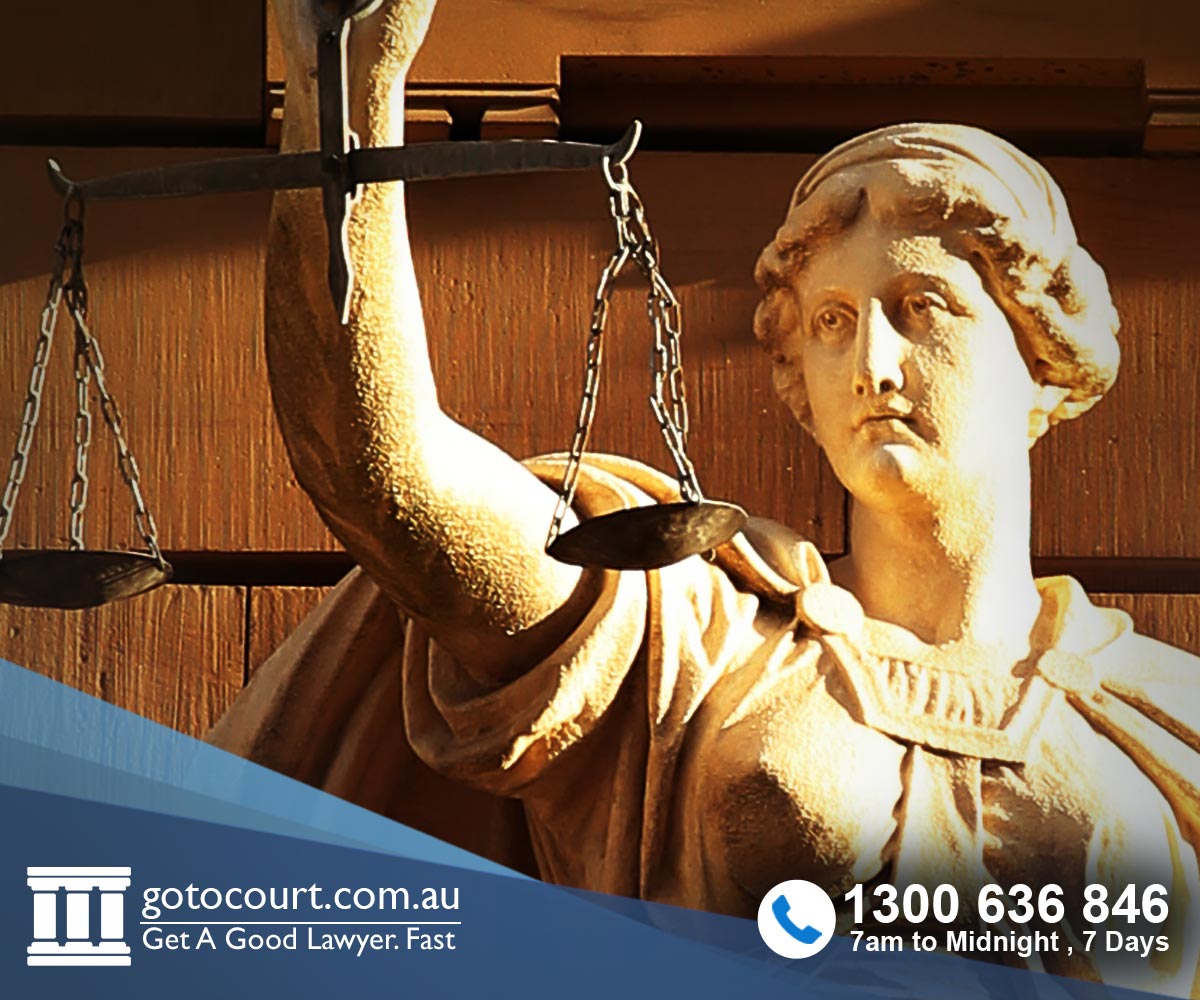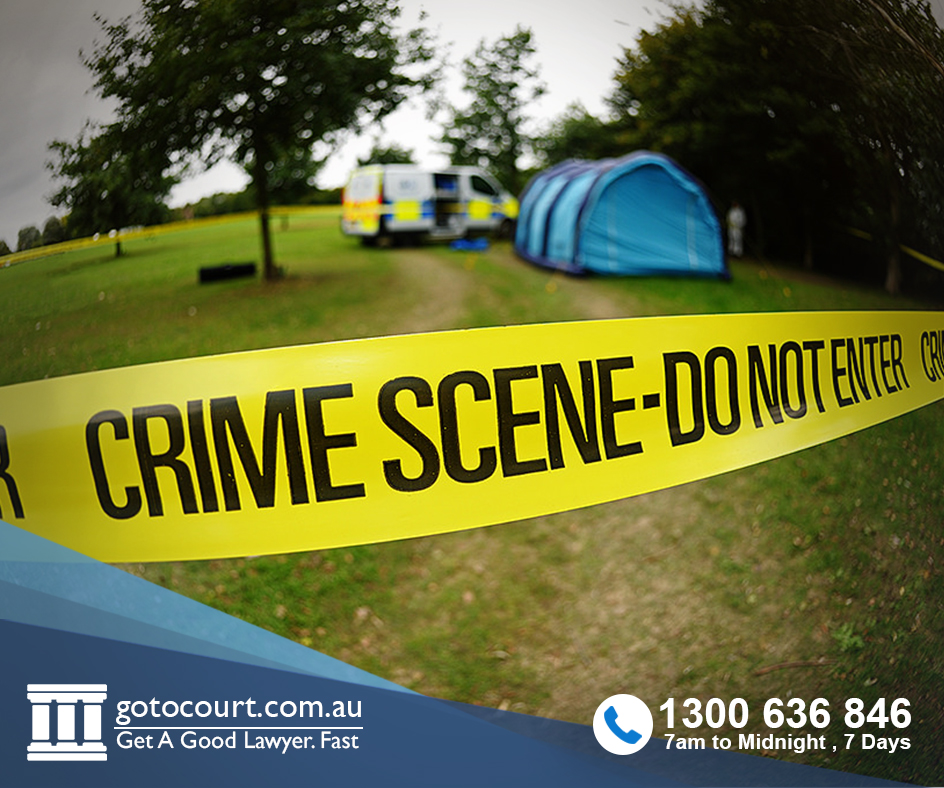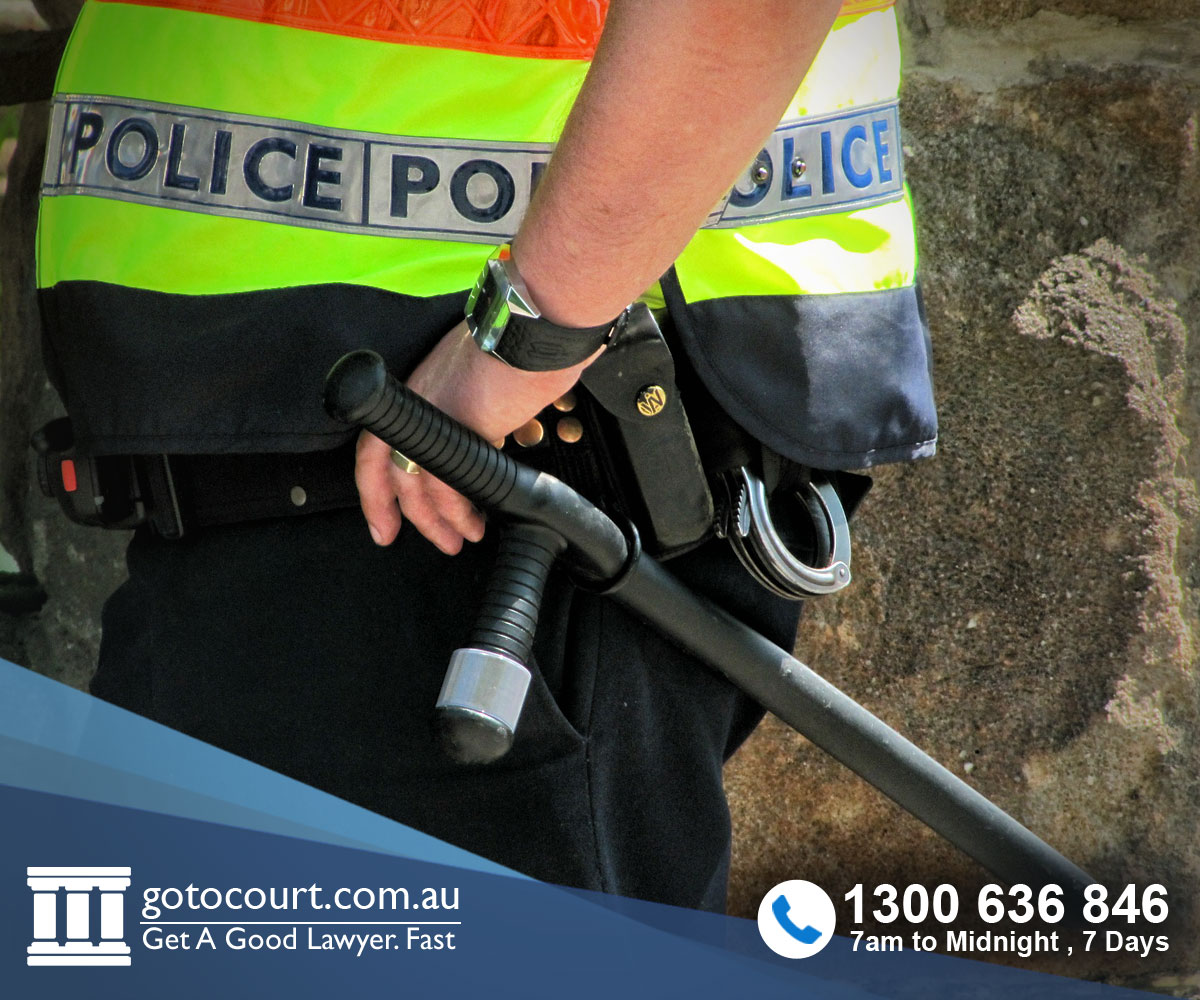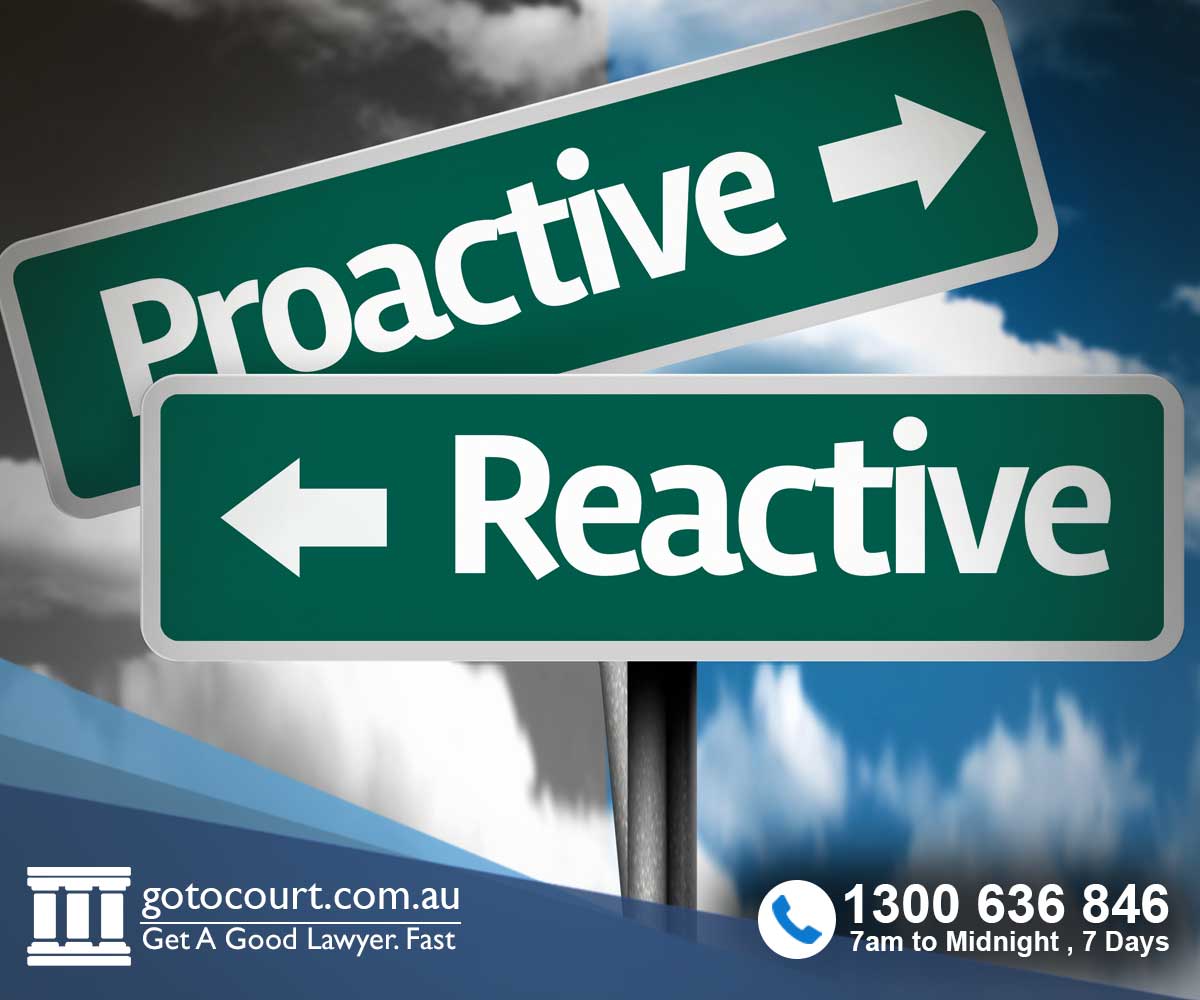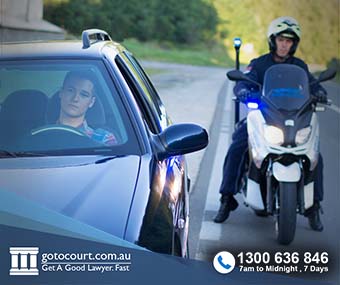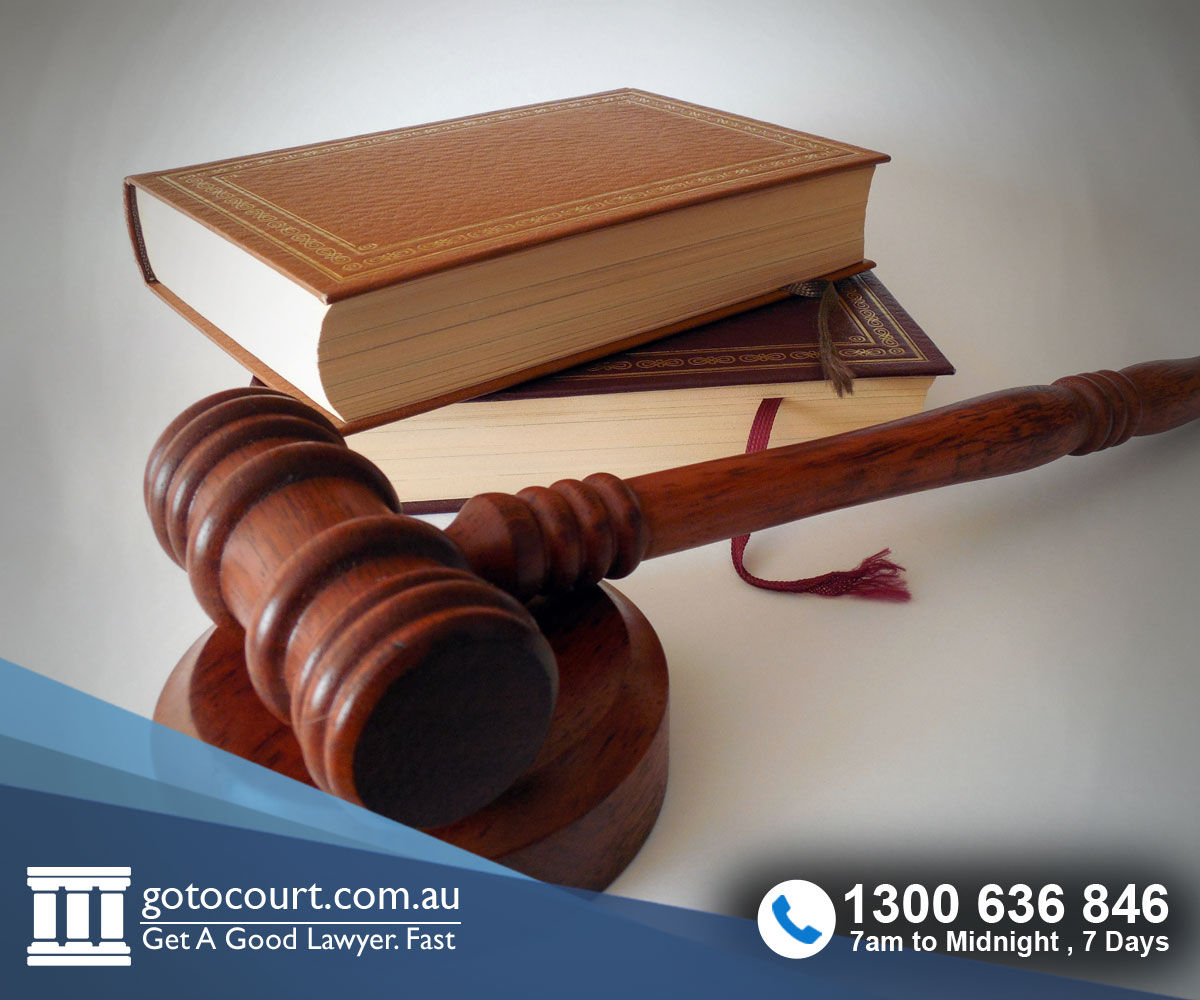Criminal Law New South Wales
Criminal Lawyers New South Wales
The Local Court hears the majority of criminal and summary prosecutions in NSW. Some more serious criminal cases, known as indictable offences, will first come before the Local Court for a committal hearing, and then will progress to either the District Court, or Supreme Court. A committal involves the Magistrate evaluating the evidence to determine whether the prosecution is capable of convincing a jury that the accused committed the offence. The District Court can deal with all criminal offences except murder, treason and piracy. These matters must be dealt with in the Supreme Court. When you have been charged by the Police you will receive a Court Attendance Notice. This will outline the details of the offence, the court location and the time and date you need to attend. If you are on bail you need to attend otherwise a warrant may be issued for your arrest, or the matter may be determined in your absence. If you are not on bail then in some circumstances you can file at the Court a Written Notice of Pleading, instead of appearing. If you plead guilty on the form, then the Magistrate will determine the penalty in your absence, and the court registry will advise in writing as to the outcome. If you plead not guilty you will be provided with the hearing date, in which you must attend.
Penalties and sentencing in NSW
Penalties and Sentencing for criminal offences in NSW is governed by the Crimes (Sentencing Procedure) Act 1999. The most common section referred to is Section 10 Dismissal of Charges. A s10 allows the Magistrate to order that no conviction be entered, and that the charges are either dismissed, or a good behaviour bond is entered into. Other common types of penalties that you will hear referred to by their section number include community service orders (s8), good behaviour bonds (s9), suspended sentence (s12), home detention (s6), and imprisonment (s5).
MERIT program NSW
If your offence was related to drug, or substance abuse then your matter may be adjourned until you complete the MERIT program (Magistrates Early Referral into Treatment). This will require you to undertake treatment, and rehabilitation in the hope to break the crime cycle due to your drug dependence. You will not be eligible to participate if your offence is of a sexual nature, or a strictly indictable offence. Participation in the MERIT program is voluntary, and not an admission of guilty, and is normally done prior to a plea being entered. At the completion of the program you will be required to attend court, and enter a plea. If you enter a guilty plea, or found guilty after a trial the Magistrate will be provided with a report as to your participation, treatment, and further recommendations. The report is used to help determine a suitable sentence which will take into account your participation, and any further treatment required.
Annulments and appeals in NSW
If your matter was heard in your absence then you can have the decision reversed by filing an Annulment Application in the Local Court. Obtaining an Annulment is not automatic, and you will have to explain to the Magistrate that you were not aware of the proceedings, or you were unable to attend because of accident, illness, or another specific cause. You will also have to convince the Magistrate that not having the conviction, and penalty annulled would be unjust.
If your matter was determined in the Local Court you have 28 days to file an Appeal in the District Court. Appeals can be made in regard to the severity of the sentence, or because you were found guilty after a trial. It is important to obtain legal advice before you file an appeal. The District Court can increase your sentence, however before they do so they will give you a warning, and the chance to withdraw your appeal application. You can also appeal the outcome of an Apprehended Violence Order.
The Court of Criminal Appeal is NSW highest court for criminal matters. It hears appeals on matters from the District, or Supreme Court in which you are appealing the conviction or sentence. Normally the appeal will be heard by 3 judges. The grounds for appeal include challenging a conviction involving a question of law. The Court can also grant leave to appeal matters of fact or mixed fact and law. It can also grant leave to appeal cases where the severity of sentence is being questioned.
Recommended Resources
New South Wales Criminal Law Resources
Changes to Committal Proceedings (NSW)
Bail in New South Wales
- ‘Show Cause’ Bail Applications in the Supreme Court NSW
- Bail Applications in New South Wales
- Breach of Bail in New South Wales
Evidence
Police searches
- Police Searches in New South Wales
- Reporting Police Misconduct in NSW
- Search Warrants in New South Wales
- Unlawful Searches and Reasonable Suspicion NSW
Police procedures NSW
- Arrests And Identification By Police NSW
- Reporting Police Misconduct In NSW
- The Right To Silence in NSW
- Young Offenders And Police NSW
- Your Rights Following Arrest in NSW
Criminal law defences NSW
- Corporal Punishment of Children NSW
- Defences to Criminal Charges in NSW
- Honest and Reasonable Mistake of Fact NSW
- Intoxication And Criminal Offences NSW
- The Age of Criminal Liability NSW
- The Defence of Automatism NSW
- The Defence of Duress NSW
- The Defence of Provocation NSW
- The Defence of Self-Defence NSW
Restraining Orders (AVO) NSW
- Applying For An AVO in New South Wales
- Apprehended Domestic Violence Orders And Children NSW
- Apprehend Violence Orders In NSW
- AVOs And Firearm Licenses
Criminal Law Sentencing NSW
- Character References NSW
- Community Based Sentencing in NSW
- Deterrence In NSW
- Drug Court In NSW
- Drug Diversion Programs In NSW
- Guilty With No Conviction NSW
- Fines In New South Wales
- Good Behaviour Bonds in New South Wales
- Home Detention Orders NSW
- Offences That Can Lead To Imprisonment NSW
- Intensive Correction Orders NSW
- Parole in New South Wales
- Rehabilitation NSW
- Sentencing Assessment Reports In The Local Court NSW
- Sentencing Options For Sex Offenders NSW
- Spent Convictions NSW
- Suspended Sentence NSW
- Youth Detention NSW
- Youth Justice Conferences NSW
NSW Criminal Law FAQS

